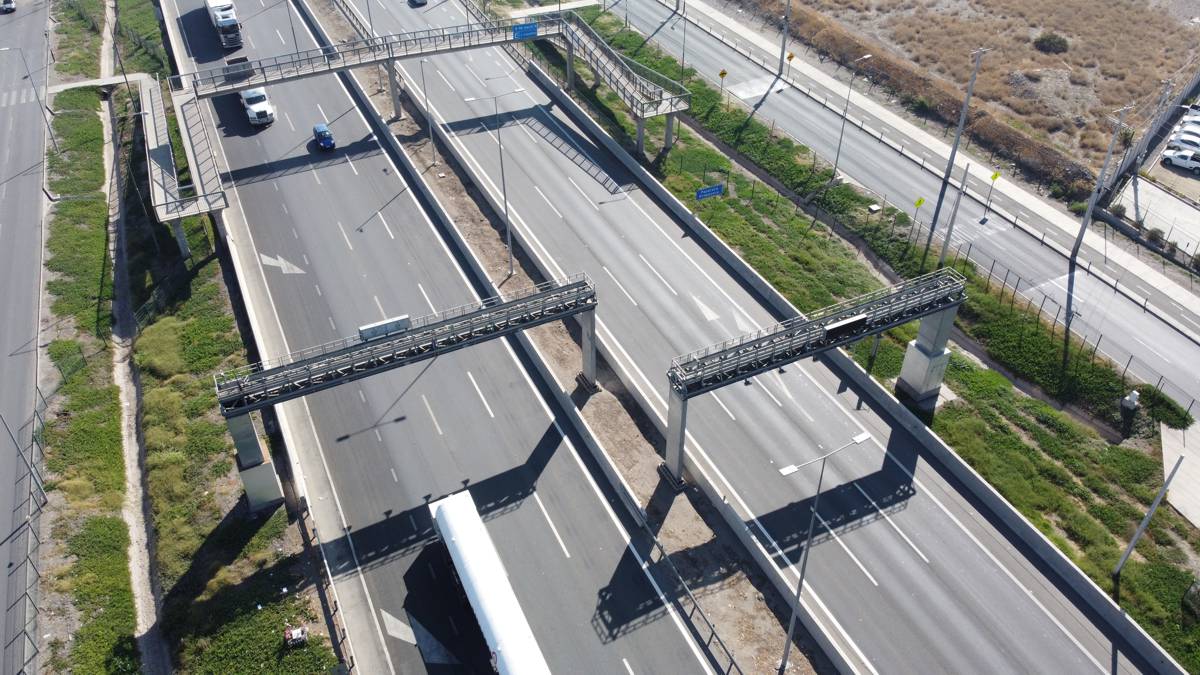Santiago tackling Urban Congestion with Advanced Tolling Technology
Amidst the swelling challenges of urban congestion faced by global cities, Santiago de Chile emerges as a beacon of innovation in the realm of toll collection. The metropolitan region is currently witnessing a transformative shift, leveraging state-of-the-art technological solutions to alleviate traffic bottlenecks.
Kapsch TrafficCom, a leading player in the global traffic management sector, has proudly divulged that its pioneering MLFF (Multi-Lane Free Flow) solution is the linchpin behind 1.6 billion toll transactions each year across Santiago’s nine urban highways. When expanded to include the entirety of Chile, this staggering number rises to an impressive two billion transactions annually.
This modern tolling approach utilizes in-vehicle tags to facilitate a more streamlined and swifter passage for vehicles, thereby substantially curtailing the pervasive stop-and-go patterns that have traditionally plagued toll collection points. A telling sign of the system’s unparalleled efficacy is the fact that a city housing seven million denizens has already distributed a whopping four million of these tags.
At the heart of Santiago’s toll network sits the Autopista Central – a fitting moniker for the city’s backbone highway. Bridging the north to the south of the metropolis, this pivotal highway accounts for nearly one-third of all toll transactions in the nation.
Established in 2004, the Autopista Central made global headlines by becoming one of the world’s inaugural urban highways to integrate MLFF tolling. Since its inception, Kapsch TrafficCom has been the trusted partner in both establishing and maintaining its MLFF toll collection junctures.
Investing in the Urban Future
Beyond the immediate advantages of congestion alleviation, the revenues accrued from these avant-garde MLFF systems are instrumental in bolstering Santiago’s urban infrastructure. The ripple effects of this tech-driven tolling approach reverberate far and wide.
By ensuring unhampered vehicle flow, the city has made significant strides in cutting down carbon emissions, reducing commuters’ travel durations, and crafting a more sustainable and eco-friendly urban ecosystem.
Carlos Wiedmaier, VP for Solution Consulting Latin America at Kapsch TrafficCom, elucidated the broader implications of their technological endeavour, remarking: “Navigating traffic in a dynamic metropolis like Santiago demands innovative solutions. Our MLFF platform is not merely an efficient tolling mechanism; it’s a cornerstone in bolstering the city’s overarching infrastructure. It’s an honour to accompany Santiago on its voyage toward a seamlessly interconnected and technologically-advanced urban future.”





























